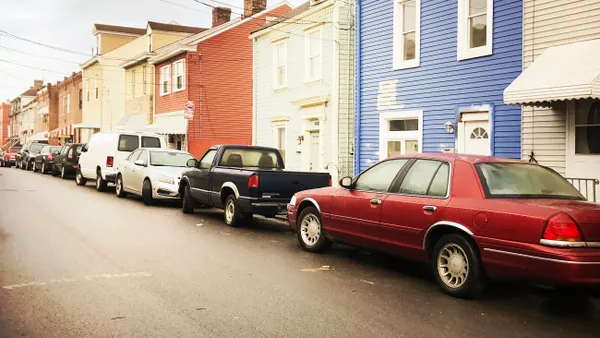Dive Brief:
- Verizon reported in its quarterly earnings conference call this week that it still is on target to launch 5G service in the United States by the end of 2018 after a strong start to the year, according to The Motley Fool and others.
- Verizon CFO Matthew Ellis reiterated the company's previous announcements about launching 5G in three to five cities by the end of this year. Sacramento is still the only city that has been named for the initial rollout, of the 11 cities where the technology has been tested.
- Ellis said the first 5G offering will be fixed residential and business broadband, but eventually it will be able to launch mobile service using its current assets and infrastructure. He said Verizon will launch whenever consumer equipment is ready to receive the signal.
Dive Insight:
A lot of the information the Verizon executives provided on the conference call isn't exactly new, but it did underscore the company's commitment to launching 5G in the second half of this year. The executives took questions from listeners anxiously anticipating more information about which cities besides Sacramento will be included in the rollout, but no such information was offered.
Executives did, however, note that small cities will not be among the first to get 5G capability due to infrastructure constraints in rural and suburban areas. "5G mobility will be initially very much heavily focused on urban areas, and we have the assets in place there, and we will be ready to launch that as soon as the [original equipment manufacturers] have handsets available with 5G chipsets in them," Ellis said.
Verizon is steaming ahead with its own infrastructure necessary to carry 5G, but Ellis also noted the cooperation from municipalities that's helping to drive forward the technology. "Progress is being made at the state and city level to drive sustainable economics around cell site deployment, creating the pathway to better serving their communities," he said.
Ellis repeatedly mentioned a focus on millimeter wave technology, which is a spectrum frequency a number of carriers have been testing to expand their bandwidth, especially considering how fast and data-intensive 5G will be. The millimeter wave spectrum is viewed as an option for mobile 5G, but a big problem is that it doesn't travel well through obstacles such as buildings, trees or bad weather. Ellis stressed that Verizon's existing millimeter wave spectrum assets can handle the upcoming 5G launch.












